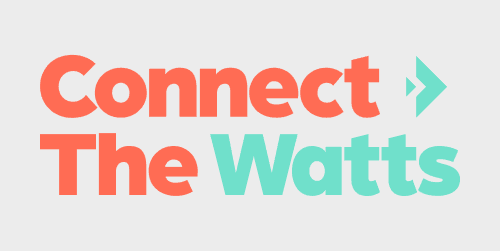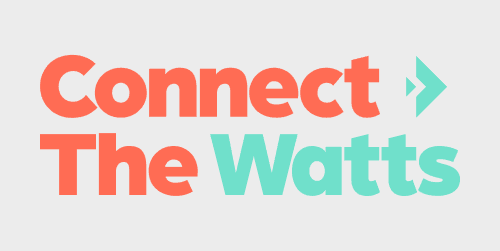
Are you a natural early riser or someone who prefers to sleep till noon? Oura’s smart ring can now analyze your body’s natural circadian rhythms, or chronotype, while offering up a new set of metrics based on your “optimal” sleep schedule. Good news is this allays all guilt for those of us who are grumpy and underperforming in the early morning hours.
It’s part of a new suite of sleep-tracking features the company announced this week, alongside other new health metrics available to subscribers to Oura’s $6 monthly service. Oura members are now assigned one of six chronotypes – or the body’s natural preference for very early morning or late nights, or somewhere in between – along with a Body Clock that provides an “optimal” sleep schedule based on your type.
What exactly is a chronotype? Oura says that your chronotype is “strongly determined by your genetic makeup, and reflects your individual circadian rhythm, or your body’s approximate 24-hour internal clock, which regulates alertness, digestion, and hormone release.”
Why does chronotype matter? According to Matthew Walker, Ph.D., author of Why We Sleep and an Oura advisor, knowing and living in accordance with your chronotype can benefit your well-being, energy levels, and sleep. A natural predilection for sleep and wake times is based on our unique biology, and we release key hormones for managing stress and emotions at different times, which can have a cascading effect on the rest of the day, including peak times for intellectual work or for exercise.
Chronotypes certainly aren’t a new concept for wearables, as both Samsung Galaxy Watch and Fitbit Premium analyze a wearer’s chronotype and characterizing them as a cartoon animal (hedgehog, parrot, tortoise, etc.). But Oura takes a more straightforward approach here, stripping out the animals and just labeling users as a certain “type.”
To calculate your chronotype, Oura analyzes your sleep, activity, and body temperature data from the past 90 days. Here’s a breakdown of the various types, according to the Oura App:
- Early morning type: You feel awake, alert, and energetic in the early mornings. For you, morning is the time to do a workout and intellectual work alike. You’ve already tackled many of the day’s tasks by the time evening types are only starting. Less than 10% of people are early morning types.
- Morning type: You love getting up with the sun and going to bed early. You tend to be alert and energetic in the mornings, which makes a good start to the day.
- Late morning type: You are more of a morning type but not to the extreme (intermediate in some classifications). You tend to be most productive in the mornings. You enjoy going to bed early most evenings, but you don’t mind the occasional late night either.
- Early evening type: You are more of an evening type but not to the extreme (intermediate in some classifications). You enjoy the occasional late night but don’t mind going to bed early either. Keeping to social schedules feels easy for you even if you could do without too many early mornings.
- Evening type: As an evening type, you cherish your late nights! As others start to wind down, you become more awake and alert.
- Late evening type: You need your sleep in the mornings. Don’t feel guilty about it, it is good for your body and mind. On some days you may not feel fully awake until the afternoon. Less than 10% of people are late evening types.
In addition to the Body Clock, Oura has also introduced additional support for people with irregular sleeping schedules, like shift workers or those with young kids. All of this will now be taken into consideration when calculating your overall Sleep Score. A new feature called Bedtime Guidance will also help you slowly nudge you toward going to bed at the optimal time with tips and guidelines.
Oura is also adding a new Sleep Regularity metric to gauge how consistently you have slept over a two-week period, which then feeds into your Readiness Score, Oura’s signature assessment of how prepared you are to take on the tasks of the day ahead.
The new features will be available for both the Gen 2 and Gen 3 versions of the Oura Ring, but the Body Clock and chronotype feature are exclusive to Gen 3 owners with an active subscription.
While Oura was the first dedicated recovery tracker, a slew of wearables are catching up and offering their own sleep and recovery stats, including the Apple Watch Series 8 and Galaxy Watch 5. A new smart ring from Samsung is also in the works.
FTC: We use income earning auto affiliate links. More.



Comments